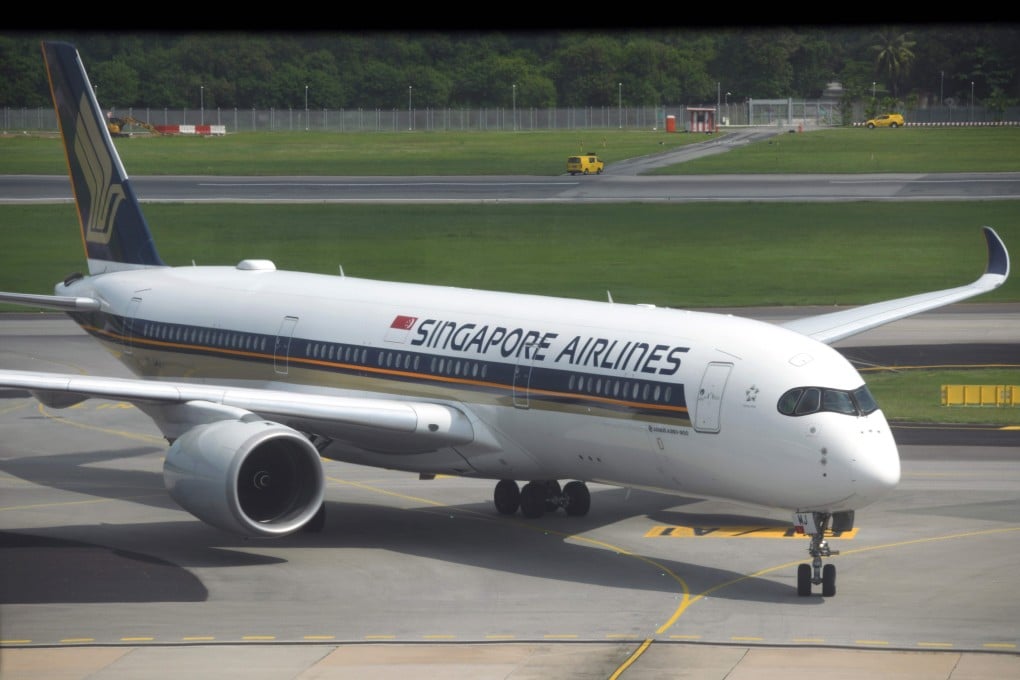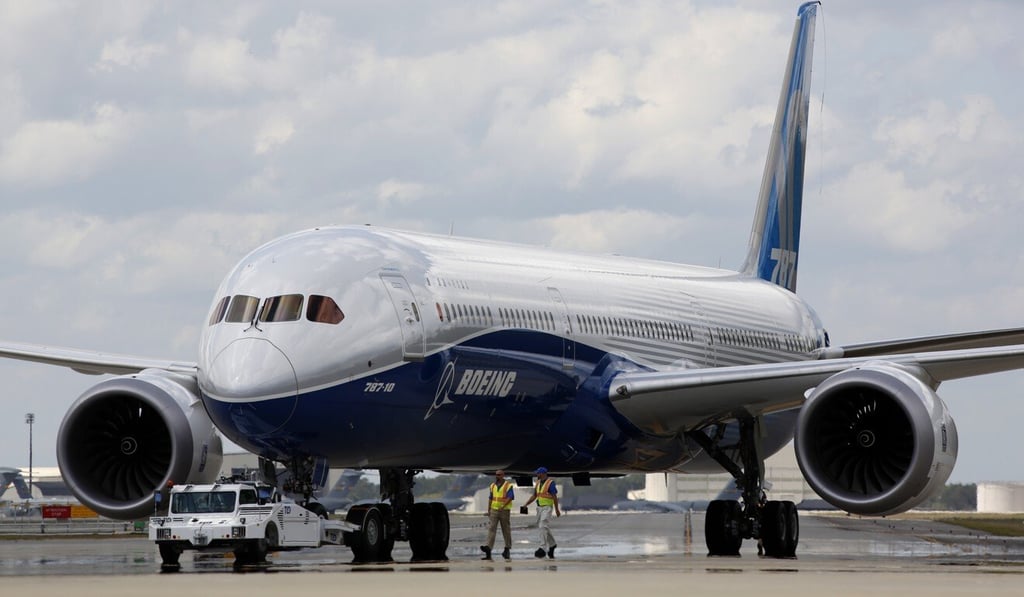Advertisement
Coronavirus could hand Singapore Airlines a bigger share of India’s aviation market
- The lucrative market of flying passengers between India and Europe, Japan or beyond was dominated by Etihad and Emirates, which connect through Middle East hubs
- The advantage for Singapore Airlines will come from its local affiliate, Vistara, as India doesn’t allow foreign airlines to fly to a third country directly
Reading Time:2 minutes
Why you can trust SCMP

Coronavirus is unexpectedly providing an opportunity for Singapore Airlines to grab a share of the lucrative Indian market held by rivals Emirates and Etihad Airways through a local affiliate.
Advertisement
Vistara, which Singapore Airlines jointly owns with Indian conglomerate Tata Group, is about to get its second Boeing 787 Dreamliner jet, and expects demand for long-haul international travel from India to rise when travel restrictions lift, Chief Commercial Officer Vinod Kannan said in an interview. While the outbreak has delayed expansion plans for the airline, people will prefer direct flights as demand returns toward the end of the year, he said.
“There will be an increase in the number of people who want to travel direct, say, from India to Europe, because they don’t want to transit through another hub that increases travel time, that increases exposure,” Kannan said this week. “There’s actually a silver lining for us” both in terms of business travellers and people flying to visit their friends and relatives, he said.
The advantage for Singapore Airlines will come from the fact that India doesn’t allow foreign airlines to directly fly passengers to a third country. That is where its local affiliate will step in, providing non-stop connections overseas and luring passengers away from Emirates and Etihad. The success of Vistara is crucial for Singapore Airlines – which just raised about US$6.2 billion by selling shares and convertible bonds – as it needs more connections to its sprawling network in absence of a domestic market.

Advertisement
Vistara, which started flying in 2015, has portrayed itself as a full-service premium carrier over the years, offering business and premium-economy seats, free meals and in-flight entertainment. It has bet on increased corporate spending in what was one of the world’s fastest-growing economies before the pandemic hit. But with companies now discouraging all non-essential travel, and tourism coming to a standstill, airlines are staring at an uncertain future.

Advertisement